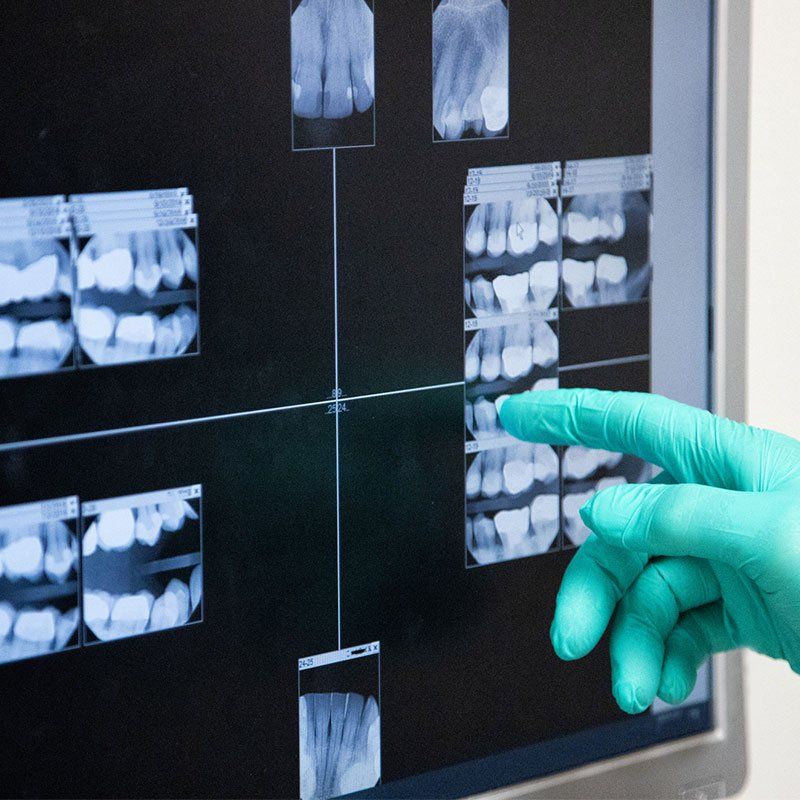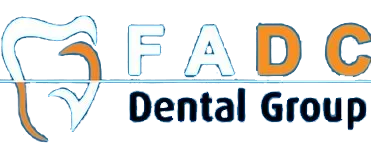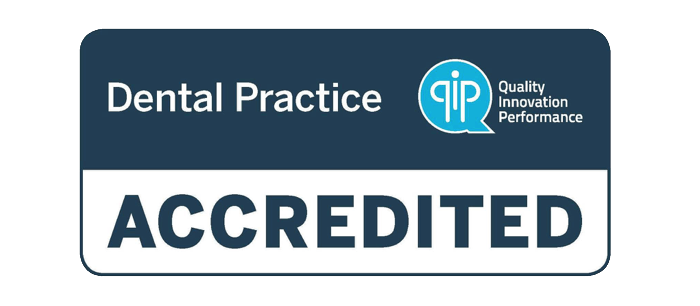Preventative Dentistry Services in Bunbury, Eaton and Australind
At FADC Dental Group, we believe preventative dentistry is the key to good oral health, and we offer several services in this area. By looking after your teeth and gums from the outset, you should avoid any significant problems in the future and thereby save money on more costly treatment.
Our Preventative Dentistry Services Include:
- Scaling teeth
- Prophy cleaning and flossing
- Providing interproximal brushes
- Taking X-rays
- Periodontal assessments
- Offering dietary advice
- Treating medically compromised patients
- Dental issues resulting from smoking
- Pregnancy

01
Scaling Teeth
Our dentists use an ultrasonic scaler to effectively remove calculus from the teeth and bacteria from under the gum line, thus reducing the risk of decay and periodontal disease. Gentle ultrasonic vibrations are emitted from the small tip of the wand-like scaler onto the teeth, which, along with water, removes the tartar.
As a result, there’s less need for hand scaling, which is another way of fighting against periodontal disease. The process is comfortable and much more effective at removing plaque and tarter.
02
Prophy Clean and Floss
Prophy involves adding a small amount of polishing paste to a rubber cup and gently polishing your teeth to make them smooth and clean, so bacteria cannot stick to them. It also makes it easier to keep your teeth clean during your regular cleaning regime at home.
As brushing alone won't remove plaque and particles of food, flossing is also an essential part of any oral cleaning regime and should be done at least once a day. At Forrest Ave Dental Group, we can show you how to brush and floss correctly to maintain your dental health.
03
Interproximal Brushes
These little brushes are used to clean in between the teeth, stimulating blood flow to the area and helping to heal gums damaged and irritated by food and bacteria. The interproximal brush is mandatory for fresh breath and freedom from dental disease.
04
Dietary Advice
Your oral health is affected by what you eat, so it's essential to be aware of your intake of foods high in fat and sugar, which play a significant role in the development of tooth decay. When you eat or drink, especially products with sugar or starch, it produces plaque acid, attacking teeth for around 20-30 minutes after eating. So, it's not so much the amount of sugar and starch you eat, but the frequency.
To limit your teeth's exposure to acid, it's best not to snack between meals or to limit snacking, eating healthy food such as nuts, raw vegetables, cheese and fresh fruit. Fluoridated water and unsweetened tea are also recommended, and chewing sugar-free gum, which will stimulate saliva production after eating and help neutralise acid more quickly.
05
Medically Compromised Patients
Patients with pre-existing medical conditions are more prone to oral health problems, including people with diabetes. People with diabetes are often more susceptible to infections, so are more likely to have periodontal disease than non-diabetics.
Meanwhile, recent research shows that patients with periodontal disease increase their risk of having heart disease, with an increased risk also of stroke and having pre-term low-weight babies. Smokers also have an increased risk of contracting gingivitis, leading to periodontal disease, while 50% of pregnant women experience gingivitis. If the periodontal disease develops, this will affect your baby's health.
Periodontal disease is a very treatable and reversible condition. However, if you have periodontal disease during pregnancy, we may recommend a common non-surgical scaling and root planning procedure.
06
X-Rays
X-rays are invaluable in helping our dental team diagnose oral conditions and to get a clear picture of the structure of your mouth. They can show up areas of decay that a visual examination wouldn't reveal and identify any bone loss, cracks, infection, or abnormalities such as cysts, cancer, and more.
For children, radiographs are also used to watch for decay and monitor tooth growth and development.
07
Periodontal Assessment
This is carried out to check for periodontal or gum disease, resulting in bacteria getting below the gum line and causes an infection. It can affect the supporting bone and cause eventual loss of teeth if left untreated. Our screening will check for periodontal disease using a periodontal probe, which will indicate whether there's any breakdown in the gums' attachment to the teeth. It will also reveal any early development of pockets between the teeth and gums. The depth of the bags is measured in millimetres with the periodontal probe.


